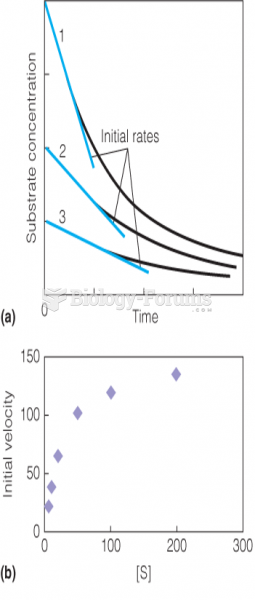Answer to Question 1
In the case of In re Withrow, Debtor, 391 B.R. 217 (Bankr. D. Mass. 2008), the United States Bankruptcy Court for the District of Massachusetts provides bankruptcy attorneys with a five-step analysis to determine whether the attorney has fulfilled his or her obligation to exercise due diligence. Paralegals should be well versed in these steps because a main function of the paralegal in a bankruptcy firm is information gathering. The five steps in the Withrow case are: (1 ) Did the attorney impress upon the debtor the critical importance of accuracy in the preparation of documents to be presented to the Court? (2 ) Did the attorney seek from the debtor, and then review, whatever documents were within the debtor's possession, custody or control in order to verify the information provided by the debtor? (3 ) Did the attorney employ such external verification tools as were available and not time or cost prohibitive (e.g., on-line real estate title compilations, on-line lien search, tax scripts)? (4 ) Was any of the information provided by the debtor and then set forth in the debtor's court filings internally inconsistentthat is, was there anything which should have obviously alerted the attorney that the information provided by the debtor could not be accurate? (5 ) Did the attorney act promptly to correct any information presented to the Court which turned out, notwithstanding the attorney's best efforts, to be inaccurate?
The process of verifying the client's financial information is called due diligence. A simple rule to remember is that the client should be able to provide evidence proving the information supplied on the bankruptcy petition and accompanying schedules. It is not enough just to take the client's word for the veracity of the information provided.
Answer to Question 2
non-representation







